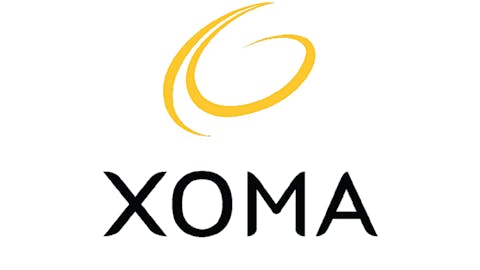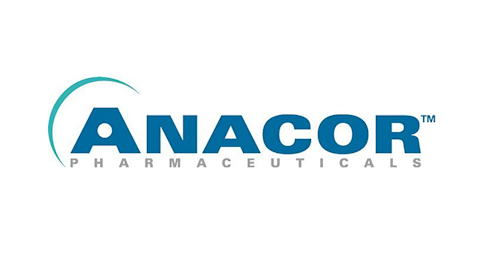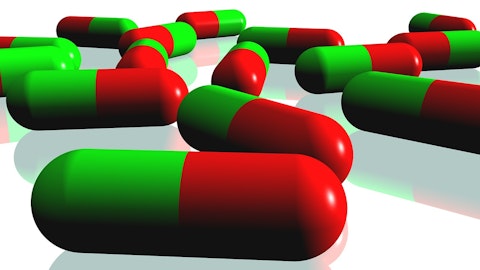Was Baker Bros. Advisors‘ investment in XOMA Corp (NASDAQ:XOMA) a mistake? According to a recent filing with the Securities and Exchange Commission, the fund has dumped 78% of its stake in the company. Around 11 million shares were sold at a price of $1.09 each, leaving Baker Bros. Advisors with a holding of 3.71 million shares. Was Julian and Felix Baker‘s decision to limit exposure to the company dictated by one of XOMA’s drug failing in a late-stage study?!

Follow Julian Baker And Felix Baker's Baker Bros. Advisors
First a quick word on why we track hedge fund activity. In 2014, equity hedge funds returned just 1.4%. In 2013, that figure was 11.3%, and in 2012, they returned just 4.8%. These are embarrassingly low figures compared to the S&P 500 ETF (SPY)’s 13.5% gain in 2014, 32.3% gain in 2013, and 16% gain in 2012. Does this mean that hedge fund managers are dumber than a bucket of rocks when it comes to picking stocks? The answer is definitely no. Our small-cap hedge fund strategy, which identifies the best small-cap stock picks of the best hedge fund managers returned 28.2% in 2014, 53.2% in 2013, and 33.3% in 2012, outperforming the market each year (it’s outperforming it so far in 2015 too). What’s the reason for this discrepancy you may ask? The reason is simple: size. Hedge funds have gotten so large, they have to allocate the majority of their money into large-cap liquid stocks that are more efficiently priced. They are like mutual funds now.
Consider Ray Dalio’s Bridgewater Associates, the largest in the industry with about $165 billion in AUM. It can’t allocate too much money into a small-cap stock as merely obtaining 2% exposure would really move the price. In fact, Dalio can’t even obtain 2% exposure to many small-cap stocks, even if he essentially owned the entire company, as they’re simply too small (or rather, his fund is too big). This is where we come in. Our research has shown that it is actually hedge funds’ small-cap picks that are their best performing ones and we have consistently identified the best picks of the best managers, returning 144% since the launch of our small-cap strategy compared to less than 60% for the S&P 500 (see more details).
As stated above, an eye drug developed by XOMA Corp (NASDAQ:XOMA) failed a late-stage study, according to a report by the Wall Street Journal. The drug in question, named Gevokizumab, was developed with the aim of treating Behçet’s disease uveitis, a severe form of uveitis, a chronic inflammation of eye blood vessels. As a result, the stock plummeted from $4.39 at the end of the trading session on July 21 to $0.85 the next day, before staging a comeback to the $1 level. Based in Berkeley, CA, XOMA Corp has a market cap of $116 million and does not pay dividends. For the first quarter of 2015, the company posted revenues of $2.65 million, 22% lower than a year earlier, and a loss per share of $0.19. Current quarter is expected to bring revenues of $4.38 million and a loss of $0.18 per share.
Among the hedge funds we track, the most prominent holders of XOMA shares are Mark Kingdon‘s Kingdon Capital and David Shaw‘s D E Shaw, which own 7.57 million and 1.94 million shares respectively.
As biotech stocks are the bread and butter of the Felix brothers, Baker Bros. Advisors has most of its porftolio invested in the healthcare sector. Among the fund’s top holdings are Pharmacyclics, Inc. (NASDAQ:PCYC), up 110% since January, and Incyte Corporation (NASDAQ:INCY), which has appreciated by 53% so far this year. Baker Bros. Advisors has recently hit the jack pot with Anacor Pharmaceuticals Inc (NASDAQ:ANAC), after the company’s Crisaborole ointment passed late-stage studies with flying colors. As a result, the stock had rocketed by 65% to $140 per share, before further advancing to $149 per share as of the time of this writing. Baker Bros. Advisors holds some 4.2 million shares of Anacor.
Disclosure: none.




